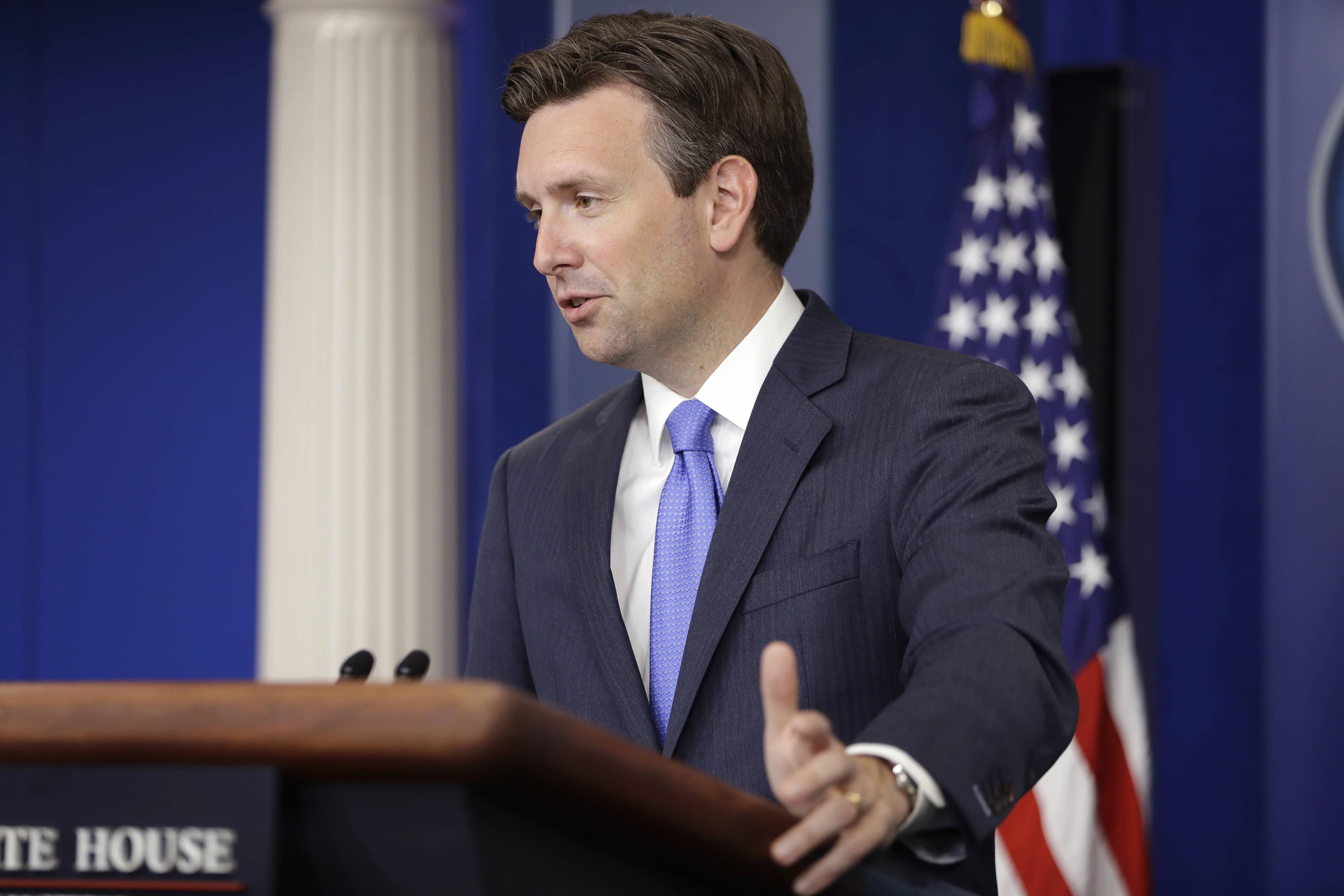The government of President Barack Obama should provide greater access to public information and more transparency, and at the same time the United States justice system should stop using journalists as witnesses in criminal trials.
This statement was originally published on sipapa.org on 13 September 2016.
The Inter American Press Association (IAPA) called on the government of President Barack Obama to provide greater access to public information and more transparency, and at the same time it urged the United States justice system to stop using journalists as witnesses in criminal trials.
At the initiative of the Society of Professional Journalists (SPJ) a letter was sent yesterday to White House Press Secretary Josh Earnest in which 40 organizations, including the IAPA, declared that the federal government’s level of transparency had worsened.
The note responded to an op-ed article by Earnest published in The New York Times which highlights supposed advances in the matter of transparency and says the media should recognize these efforts.
However, the organizations signing the note replied that transparency has in fact deteriorated. They give details, for example, of the fact that being blocked are requests by journalists to talk to White House staff, that there are excessive delays in responding to requests for interviews and that the federal agencies exclude critical reporters, among other points.
IAPA President Pierre Manigault recalled that his organization has been denouncing in its twice yearly reports on press freedom in the country the government’s control and little transparency in speedily providing the press and members of the public with information of general interest.
Manigault, president of the Charleston, South Carolina, newspaper The Post and Courier, declared that access to public information is “an inescapable duty of any democratic government and a fundamental principle of press freedom,” as enshrined in the Declaration of Chapultepec.
In addition, some weeks ago at the initiative of Reporters Committee for Freedom of the Press (RCFP) 58 press organizations and news media, among them the IAPA, urged a New York court, through an amicus brief to reverse an order requiring New York Times journalist Frances Robles to testify in a criminal case and hand over her unedited journalistic notes.
In October 2013 she had interviewed in prison a person accused of raping and murdering a four-year-old girl in 1991 and who confessed to the crime to the police, although he told Robles that he had been coerced.
The amicus curiae brief stresses that journalists should not be required to present evidence or reveal information, including unpublished material, in court, on the grounds that this would have a dissuasive effect on sources and journalists would abstain from reporting on controversial matters or not keep records of their interviews.
According to the International Press Institute (IPI) early this year an Army prosecutor threatened to subpoena journalist Mark Boal and have him hand over the recordings of his telephone conversations with a solider accused of desertion. In July a Bronx cable television news channel was ordered to hand over non-televised segments of an interview with a person charged with murder.



